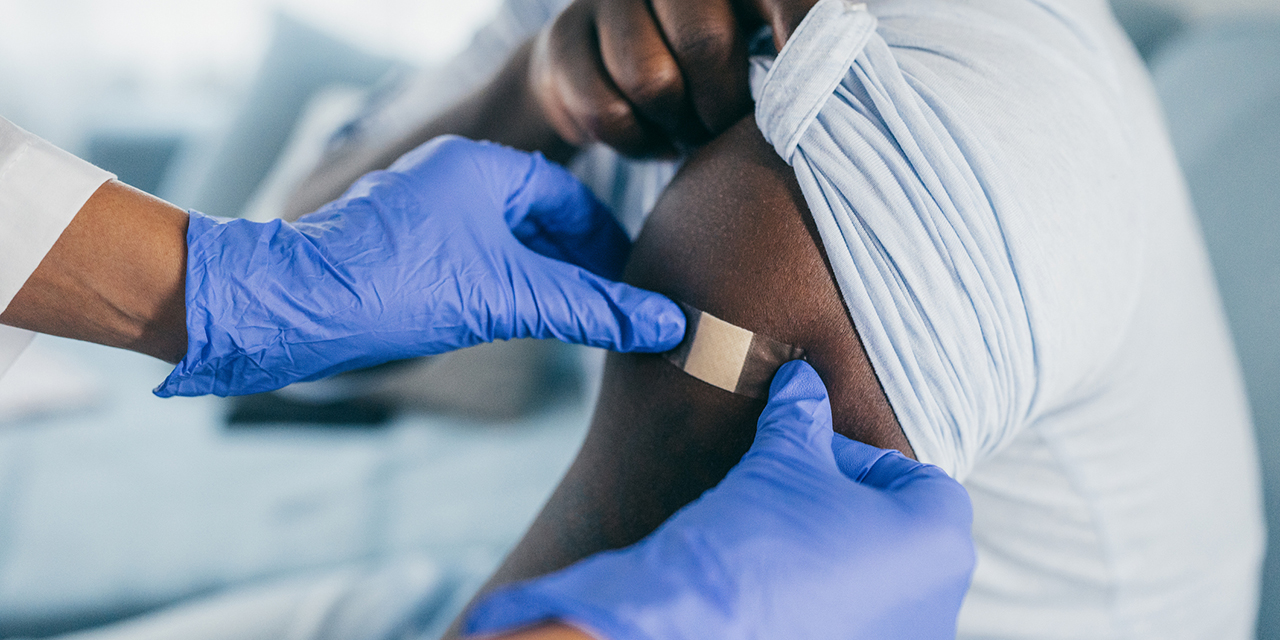
The best time to get your flu shot is in the fall, just before flu season reaches its peak. For those who can receive the shot and choose not to, you are not only doing yourself and those around you a disservice, but it is an active decision to put the vulnerable and loved ones around you at risk of severe illness and complications from the flu.
In the late winter months, our nurses and primary care physicians at Catholic Health are asked whether it’s even worth it to get a “late” flu shot, especially if warmer weather is just around the corner. In such cases, it’s important to understand that there’s no set timeline for flu season, because it varies from year to year.
“Getting your flu shot is a safe and easy way to protect you and those around you from severe symptoms of influenza. This is especially important for babies, young children, and older adults. Anytime you’re able to get your flu shot, you can reduce your risk of becoming seriously ill, missing work, or spreading the flu, whether that’s early in the season, during the peak, or even late. The timing of flu seasons can vary, and people can still get the flu in the springtime. So if you haven’t gotten your flu shot yet, now is the time!”
Phoebe Dembs, MD, MSW
Primary Care, Trinity Niagara Family Medicine
1. It continues to work even if you do get sick. No vaccine is ever going to provide you with 100% protection, but that doesn’t mean it won’t have a high rate of effectiveness or offer long-lasting immunity benefits. If you do end up catching the flu, being vaccinated still provides protection by lowering the risk of ICU admissions and reducing the severity of your flu symptoms.
2. Flu vaccines are time sensitive. Like almost everything, flu shots have an expiration date. The viruses that cause the flu have and will always be changing, which is why each year a new vaccine is released in the hopes it will be a “good match” with the currently circulating strains. If it is a good match, our immune system will create the antibodies needed to protect itself from the virus.
3. Protect your loved ones. Possibly the only thing worse than getting the flu? Seeing your symptoms passed on or having a spouse, child, or elderly relative end up in the ICU- with an illness that is entirely preventable.
Missed getting a flu shot? You still have time. Schedule an appointment with your primary doctor as soon as possible to get your vaccination.
Find a Primary Care Physician Near You
Call (716) 706-2112